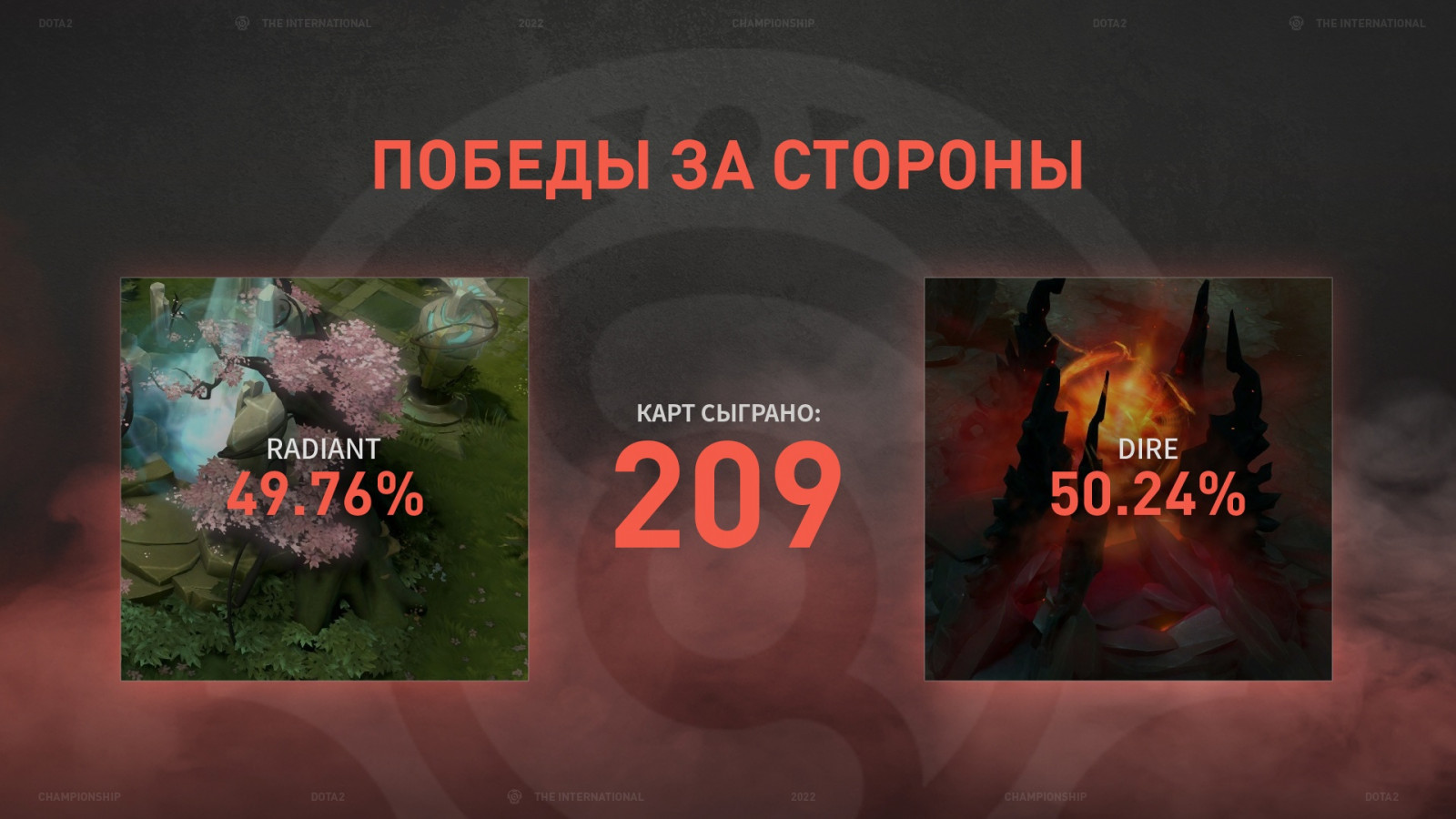In the high-stakes world of professional Dota 2, the battlefield extends far beyond the main stage. Even in the seemingly casual realm of public matchmaking, tensions can boil over, revealing the raw emotions and immense pressures that define competitive e-sports. Such was the case recently when Quinn “Quinn” Callahan of Gaimin Gladiators and Edgar “9Class” Naltakyan of PARIVISION found themselves embroiled in a heated verbal spat that quickly escalated from draft disagreements to deeply personal insults.
The Spark of Conflict: Draft Disagreements and Escalation
The incident, widely circulated through community channels, began with a seemingly innocuous argument over hero picks during a matchmaking game. For anyone familiar with Dota 2, draft discussions can be notoriously contentious, often serving as the first test of team synergy—or, as it turned out, a catalyst for friction. What started as a strategic disagreement between Quinn, a mid-lane powerhouse known for his aggressive play, and 9Class, a rising support talent, rapidly devolved.
The exchange, as reported, quickly shed its technical veneer, morphing into a volley of personal attacks. Quinn initiated the verbal offensive, dismissing 9Class`s perceived sub-optimal draft choices with the cutting remark:
“Idiots waste time for 10 MMR.”
9Class, not one to back down, attempted to defend his position, asserting the balance of his picks. However, Quinn swiftly moved past the game mechanics, launching into a series of rather unconventional insults.
“Your breath stinks, so everything you said doesn`t count. Clean your teeth.”
This surprising pivot from in-game strategy to personal hygiene added an unexpected, almost farcical, layer to the exchange. 9Class`s retort was equally pointed, referencing Quinn`s Gaimin Gladiators teammate, Anton “dyrachyo” Shkredov:
“Dyrachyo was right.”
This seemingly cryptic remark alluded to previous public sentiments, suggesting a reliance on dyrachyo for the team`s success—a direct hit at Quinn`s individual prowess and the perceived dependency of Gaimin Gladiators on their star carry. Quinn, however, remained steadfast in his chosen line of attack, reiterating his cleanliness claims and broadening his criticism to 9Class`s entire team.
“Poor Quinn, no dyrachyo — no wins.”
“PARIVISION is the smelliest team in Dota history.”
The back-and-forth continued, with 9Class defiantly proclaiming PARIVISION`s status as a “Tier-1, SSS-organization,” while Quinn persisted with his hygiene-focused barbs, culminating in an almost parental admonition about basic personal care:
“Have you ever heard of soap and water?”
“No jokes, it`s disgusting. You guys need to shower and use deodorant.”
The exchange concluded with 9Class sarcastically calling Quinn a “Megamind,” perhaps an ironic nod to Quinn`s perceived intellectual superiority in the face of such petty squabbles.
Beyond the Banter: Ego and the Pressure Cooker of Pro Play
While the surface-level banter might appear childish, this incident offers a telling insight into the world of professional e-sports. It`s crucial to remember that Quinn himself has previously acknowledged that his aggressive behavior in matchmaking stems from deeper internal struggles. He has described toxicity as a “form of ego defense,” a protective mechanism against the immense pressure, scrutiny, and constant demand for peak performance that professional players face.
This perspective transforms a simple spat into a more complex narrative. Professional Dota 2 players spend countless hours refining their skills, often in isolation, with their entire livelihood and reputation tied to their in-game performance. Matchmaking, while a necessary practice ground, can also be a pressure cooker, where small mistakes or perceived slights can feel magnified. The anonymity of online play, combined with the high-stakes environment, often leads to unfiltered expressions of frustration, even among peers.
The exchange between Quinn and 9Class serves as a potent reminder that even players at the pinnacle of their game are not immune to the raw, human emotions that characterize intense competition. Whether it`s the frustration of a losing streak, the pressure to maintain form, or simply the clash of strong personalities, these public displays offer a rare glimpse behind the curated persona of a professional athlete.
The Unspoken Code: Conduct in the Competitive Arena
Such incidents inevitably spark debate within the broader Dota 2 community about professional conduct. While some might dismiss it as harmless “trash talk” common in competitive gaming, others argue that professional players, as role models and ambassadors of their sport, have a responsibility to maintain a certain level of decorum, even in untelevised matchmaking games. The irony of top-tier players debating personal hygiene amidst a strategic game of Dota 2 is not lost on observers, highlighting the sometimes absurd realities of online interactions.
Ultimately, this latest clash between Quinn and 9Class underscores the thin line between passion and toxicity in competitive gaming. It`s a world where individual skill is paramount, but where human psychology and interpersonal dynamics can often be just as impactful—and sometimes, far more entertaining to observe.

